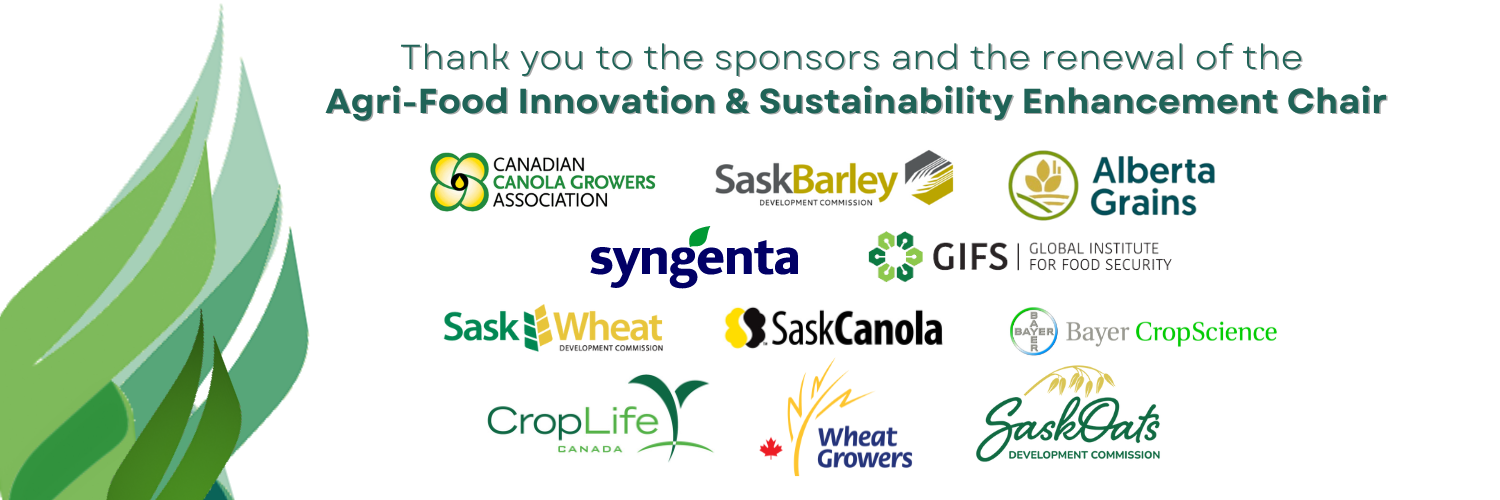The objective of this Chair was to address the problems regarding the use of regulations as international trade barriers that have the very real probability of negatively impacting food security by restricting developing country farmers from accessing the full variety of tools possible. The research undertaken in the Chair will provide the industry with research from a neutral perspective, but one that will hold industry interests as a priority.
Funding provided by industry sponsors offers Dr. Smyth, the Chair of Agri-Food Innovation, to lead research and improve the understanding of new crop genetics by focusing on the core issues of governance, regulation

2014-2019
Industry Research Chair in Agri-Food Innovation


